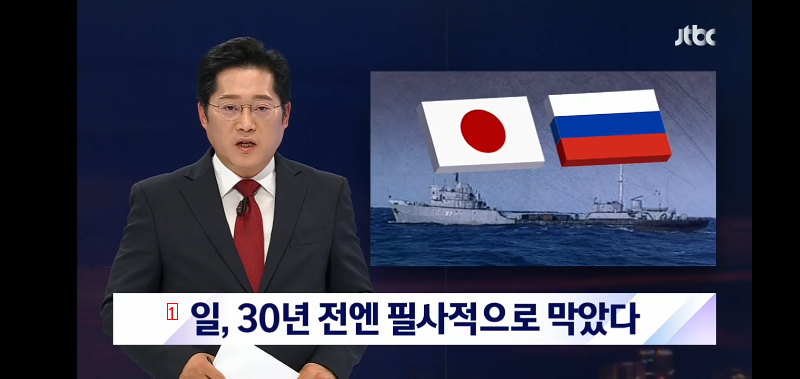
image text translation
(1)Thirty years ago, I desperately stopped him
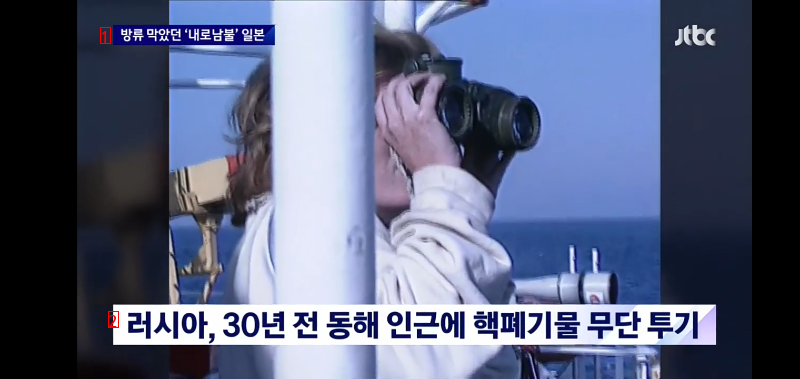
image text translation
(1)Japan, which prevented the release of the water
(2)Russia’s unauthorized dumping of nuclear waste near the East Sea 30 years ago

image text translation
(1)Japan, which prevented the release of the water
(2)Unauthorized dumping of nuclear waste is detected through the Greenpeace investigation
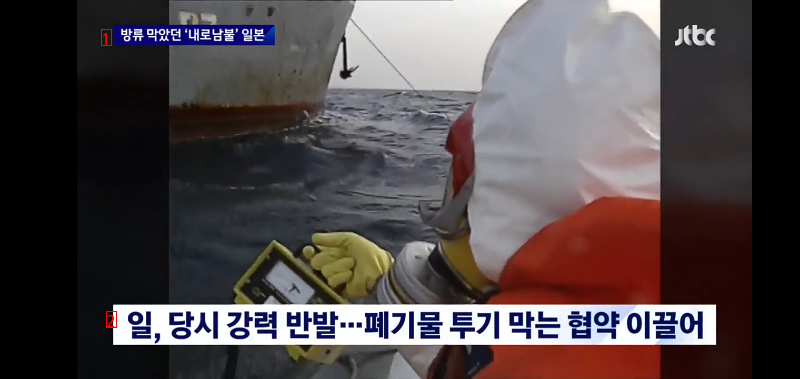
image text translation
(1)Japan, which prevented the release of the water
(2)Strong opposition at the time of work…Leading the Convention on the Prevention of Waste Disposal
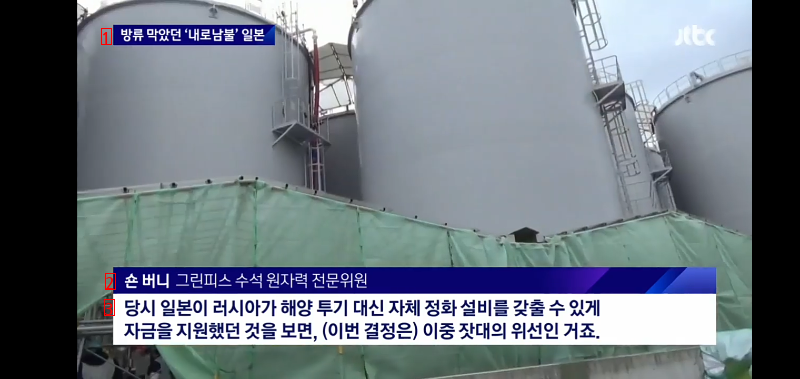
image text translation
(1)Japan, which prevented the release of the water
(2)Sean Bernie, Greenpeace Senior Nuclear Specialist
(3)This decision is a double standard hypocrisy, given that Japan at the time funded Russia to have its own purification facilities instead of marine speculation
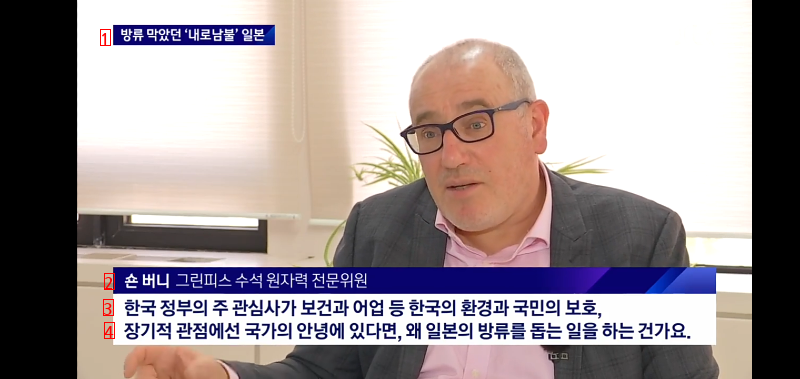
image text translation
(1)Japan, which prevented the release of the water
(2)Sean Bernie, Greenpeace Senior Nuclear Specialist
(3)The Korean government’s main concern is the protection of Korea’s environment and people, including health and fishing
(4)In the long run, if it’s for the well-being of the country, why do you do it to help release Japan
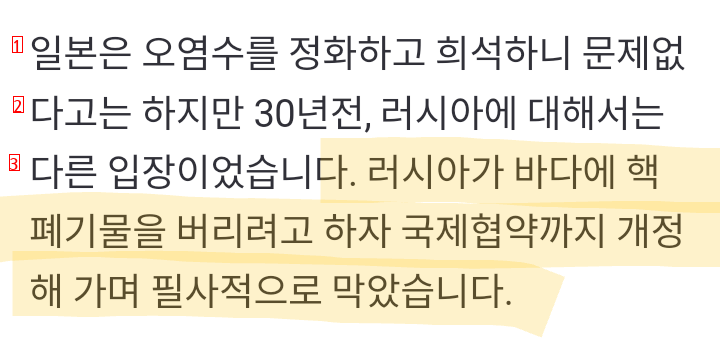
image text translation
(1)Japan purifies and dilutes contaminated water, so there is no problem
(2)But 30 years ago, about Russia
(3)I was in a different position When Russia tried to dump nuclear waste into the sea, it even revised international agreements to prevent it
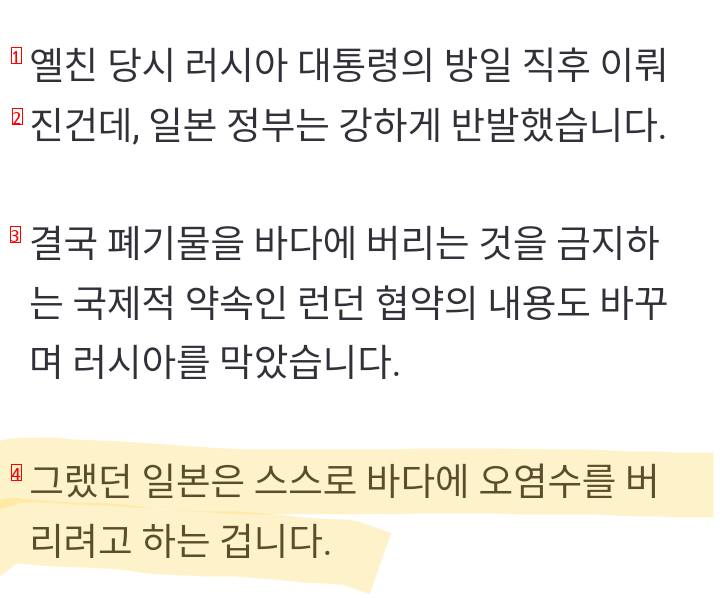
image text translation
(1)It took place shortly after Yeltsin’s visit to Japan
(2)I lost, but the Japanese government strongly opposed it
(3)In the end, it also changed the content of the London Convention, an international promise to ban dumping of waste into the sea, preventing Russia
(4)Japan is trying to dump its own polluted water into the sea
We’ve purified and diluted the contaminated water from the nuclear power plant
If you can’t guarantee that it’s safe to drink
Do at least half of what the chaps did
Can I eat seafood including salt with confidence